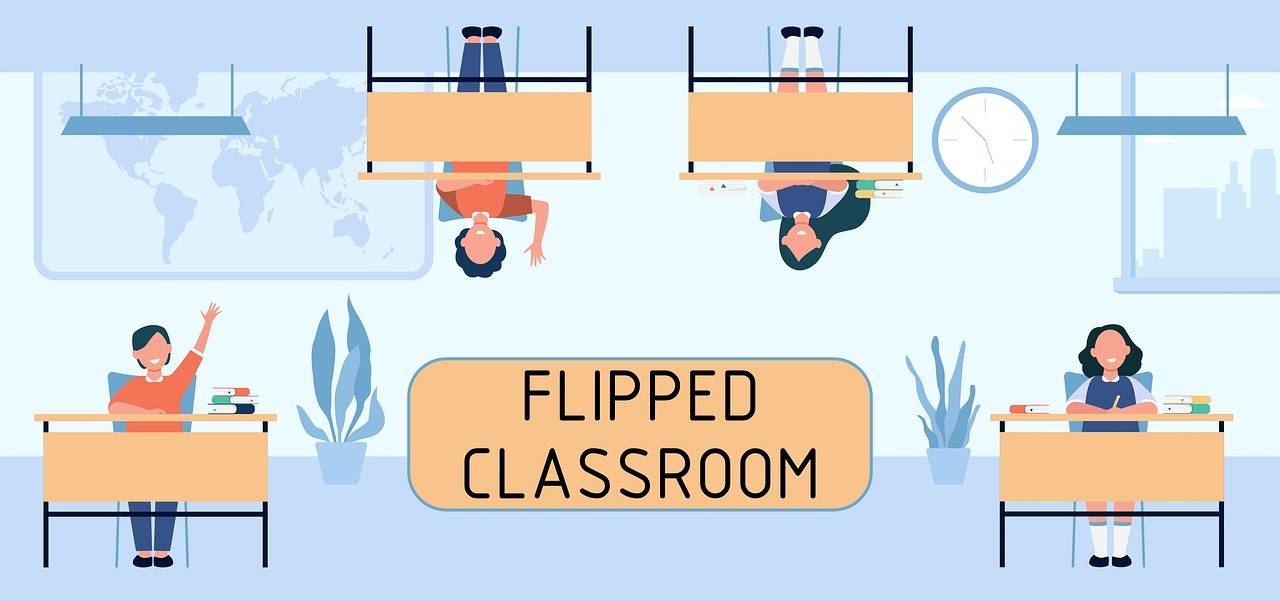The Benefits of Outdoor Education Programs for Student Development
Through experiential learning, individuals have the opportunity to actively engage in hands-on experiences that deepen their understanding and knowledge retention. This approach encourages learners to apply theoretical concepts in real-world scenarios, fostering a practical skillset that is essential in today’s competitive job market. By immersing themselves in experiential activities, individuals develop critical thinking abilities and problem-solving skills that are transferable across various industries.
Furthermore, experiential learning promotes a dynamic and interactive learning environment that caters to different learning styles and preferences. This approach allows individuals to learn at their own pace and explore topics in a more engaging and personalized manner. By actively participating in experiential activities, learners are able to enhance their creativity, collaboration, and adaptability, ultimately preparing them for success in both their academic and professional endeavors.
Enhanced Physical Health and Well-being
Experiential learning not only enriches the mind but also fosters physical health and well-being. Through hands-on experiences and active participation, individuals engage their bodies in ways that promote overall wellness. For instance, taking part in outdoor learning activities encourages movement and exercise, contributing to better physical fitness.
Moreover, experiential learning often involves real-life scenarios that require individuals to be mentally and physically engaged. This active involvement can lead to increased energy levels, improved sleep patterns, and reduced stress and anxiety. By incorporating experiential learning into educational or personal development endeavors, individuals can reap the benefits of improved physical health and well-being.
Improved Social Skills and Communication
Additionally, engaging in experiential learning experiences fosters better social skills and communication abilities. When individuals participate in hands-on activities or group projects, they are presented with opportunities to interact, collaborate, and communicate effectively with others. Through such interactions, individuals learn to navigate social dynamics, express their ideas clearly, and listen actively to others’ perspectives.
Moreover, experiential learning encourages individuals to step out of their comfort zones and engage with diverse groups of people. By working with individuals from different backgrounds and perspectives, individuals can broaden their understanding of others, as well as enhance their empathy and cultural competency. This exposure to diversity not only improves social skills but also contributes to building a more inclusive and understanding society.





